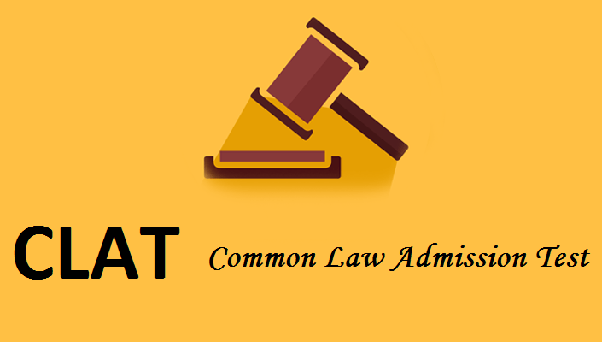Nithyakalyani Narayanan. V
On September 15th, the Bar Council of India offered to conduct the Common Law Entrance Test (CLAT) for law school admissions. The BCI stated that it has a mechanism to conduct the test in different regional languages, as it does for the AIBE (All India Bar Examination).
The BCI’s affidavit stated- “Bar Council of India has the experience of conducting similar examination i.e. AIBE successfully in most fair and transparent manner. It has a mechanism in place to conduct even the entrance/admission test for law courses for all the Institutions imparting legal education in the country through a Common Entrance Test in Various languages as the same will opportunities for more citizens of the country to appear in the exam and pursue law as a career.”
Currently, the Consortium of NLUs conducts CLAT on a rotational basis. The Bar Council claimed that this procedure has no statutory recognition and that BCI is the “sole interested statutory body in the field of legal education” but is given no role or supervision in CLAT.
The affidavit of the BCI requested that “The Bar Council of India proposes that it may be permitted to constitute the body of experts through its Legal Education Committee, to hold CLAT wherein the Legal Education Committee council involve some sitting and former Hon’ble Judges, noted educationists of legal education and eminent jurists.”
The sudden change came into play when a law student filed a PIL, through Advocate Akash Vajpai and Advocate Sakshi Raghav, seeking the conduct of CLAT-UG 2024 not only in English but also in other regional languages mentioned in the eighth schedule of the Constitution.
The Consortium had earlier explained to the Delhi High Court that while AIBE can be translated and held in different languages, CLAT is more difficult to translate. The BCI supported the PIL and argued that conducting CLAT in regional languages will give opportunities to more citizens to pursue law as a career.
Explaining that it is conducting AIBE in 23 languages, the BCI emphasized that no deserving candidate should be left out of CLAT due to lack of English proficiency. The matter is fixed for hearing on October 6th before a division bench of Chief Justice Satish Chandra Sharma and Justice Subramonium Prasad.
The PIL asserts that the CLAT examination fails to provide a “level playing field” to the students whose educational backgrounds are rooted in regional languages. It claimed that the practice of taking (UG) CLAT only in English is against Articles 14 and 29(2) of the Constitution of India and has an element of arbitrariness. The plea cites a recent survey conducted by the IDIA Trust indicating that “proficiency in the English language continues to be a major factor for gaining admission to a top NLU in the country”.
The PIL also submitted that the new Education Policy of 2020 and the Right of Children to Free and Compulsory Education Act, 2009 require the mother tongue of a student to be the medium of instruction in schools and higher education institutions.
Name of the Case: Sudhanshu Pathak vs. Consortium Of National Law Universities Through Secretary & Ors


